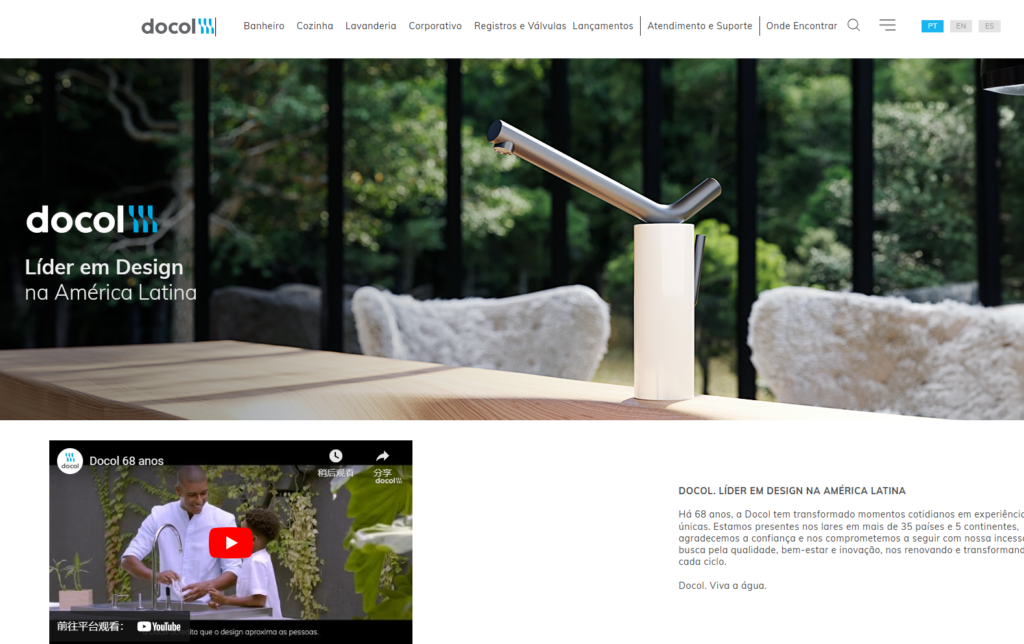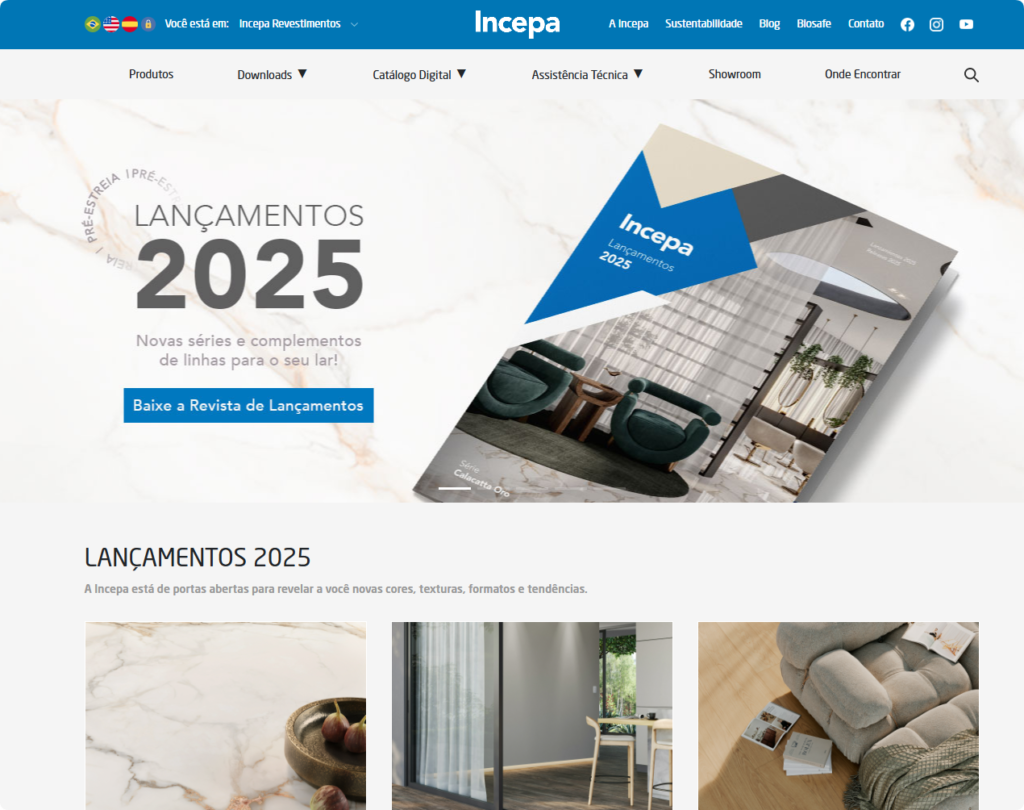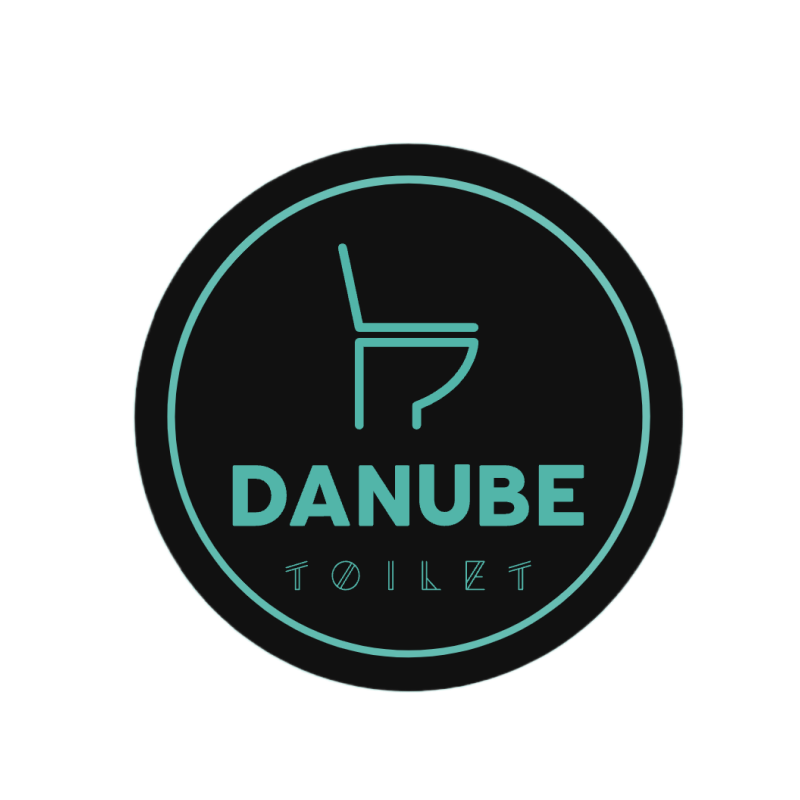Brazil, with its vast landscapes and a rapidly growing economy, is a country where the bathroom products market is evolving quickly. From urbanization to a push for eco-friendly products, several key trends are shaping the future of this sector. For global manufacturers and suppliers, understanding these market drivers is crucial to tap into Brazil’s expanding bathroom, construction, and hotel industry.
In this article, we will explore the key factors driving the future of bathroom products in Brazil, while also highlighting local Brazilian brands making an impact in the market. Let’s take a closer look.
1. Urbanization and the Growth of Construction Projects
As Brazil continues to urbanize, the demand for residential, commercial, and hotel projects is soaring. The urbanization rate in Brazil is over 85%, and as more people move into cities, there’s a growing need for modern living spaces equipped with high-quality bathroom products.

This increase in construction projects is a primary driver of the bathroom products market. Builders, contractors, and procurement managers are focused on selecting products that are durable, stylish, and functional. Whether it’s a high-rise apartment building, a commercial space, or a luxury hotel, the demand for innovative bathroom solutions, such as toilets, washbasins, and bathroom furniture, continues to rise.
Key Insights:
- Residential Developments: Urban housing developments are expanding quickly, requiring modern, water-efficient, and stylish bathroom products.
- Renovations: Home renovations, particularly in older urban buildings, are also fueling the demand for contemporary bathroom fixtures and smart bathroom technology.
2. Smart Technology in the Bathroom
In Brazil, as elsewhere around the world, consumers are increasingly seeking smarter ways to live. Smart bathroom products, such as self-cleaning toilets, touchless faucets, and smart mirrors, are becoming increasingly popular. The comfort and convenience these products offer are highly valued, with homeowners and businesses alike preferring technology that elevates the user experience.
Smart toilets, for instance, are gaining traction in Brazil with their advanced features, including heated seats, automated flushing, and even built-in bidets. Similarly, smart mirrors with features like anti-fogging, lighting control, and integrated Bluetooth speakers are becoming sought-after by modern consumers.
Why Smart Bathrooms Are Popular:
- Convenience: Automation, like touchless faucets and hands-free flushing, is attractive to Brazilian consumers looking for convenience.
- Efficiency: Smart products such as low-flow toilets and water-saving faucets are highly valued in a country where water conservation is crucial.
3. Sustainability: The Rise of Eco-friendly Products
Brazil’s commitment to environmental sustainability is driving demand for eco-friendly bathroom products. With water scarcity issues affecting certain regions of Brazil, there is a heightened awareness around water conservation. As such, products like low-flow toilets, water-saving showerheads, and energy-efficient lighting are becoming essential in the Brazilian market.
Eco-conscious consumers are prioritizing products that reduce their carbon footprint and contribute to sustainability efforts. This includes not only water-efficient products but also those made from recyclable materials and those that reduce energy consumption.
The Appeal of Sustainability:
- Water Conservation: With water shortages affecting various parts of Brazil, products like dual-flush toilets, water-saving faucets, and eco-friendly shower systems are in high demand.
- Eco-friendly Materials: Bathroom products made from sustainable materials are increasingly sought after by Brazilian consumers who are looking to reduce their environmental impact.
4. Changing Consumer Preferences and Growing Affluence
Brazil’s growing middle class and increasing disposable income are altering the way consumers approach home improvement. More and more Brazilians are seeking luxury and premium bathroom products that combine function with high-end design.
Consumers now have the means to invest in quality products, including custom-designed bathroom cabinets, sophisticated shower systems, and high-end sanitary ware. As these preferences shift, bathroom products are becoming an extension of home aesthetics, and Brazilian consumers are willing to pay a premium for high-quality, stylish fixtures.
Insights into Consumer Behavior:
- Luxury Preferences: Brazilian consumers are shifting toward more luxurious bathroom products, such as designer toilets and custom vanities.
- Design and Functionality: There is a growing interest in bathroom products that combine cutting-edge design with practical features.
5. Government Regulations and Compliance
In Brazil, bathroom products are subject to various government regulations and standards, especially concerning water conservation, safety, and environmental impact. Manufacturers must ensure that their products comply with these regulations to be successful in the market.
Key Regulations in the Bathroom Products Market:
- Water-Saving Standards: Brazil has strict water-saving regulations that bathroom products must meet. This has driven the popularity of water-efficient fixtures such as low-flow toilets and faucets.
- Health and Safety Compliance: All bathroom products sold in Brazil must meet health and safety standards, ensuring consumer safety when using products like toilets, showers, and washbasins.
Local Brazilian Bathroom Brands
Brazil is home to several homegrown bathroom product brands that are making significant strides in the market. These brands cater to the local demand for quality, innovation, and sustainability.
- Deca
- Deca is one of Brazil’s most recognized bathroom brands, known for its high-quality faucets, toilets, and showers. The company emphasizes innovation and luxury, with a focus on both aesthetics and functionality. Deca is also committed to sustainability, offering eco-friendly products that align with Brazil’s growing focus on water conservation.
- Lorenzetti

- Lorenzetti is a major player in Brazil’s bathroom product industry, particularly known for its faucets, showerheads, and water-saving solutions. The brand is well-regarded for its focus on energy efficiency, offering products that are designed to minimize water and energy consumption, making them a top choice for eco-conscious consumers.
- Docol

- Specializing in faucets, showerheads, and bathroom accessories, Docol is known for its stylish designs and high-quality materials. The company places a strong emphasis on energy efficiency, with many of its products designed to conserve water and reduce energy usage, making them ideal for the Brazilian market’s eco-friendly consumers.
- Roca
- Although a global brand, Roca has a strong presence in Brazil, offering a wide range of bathroom products, from ceramic toilets to bathroom furniture. Roca’s products are known for their sleek design and reliable performance, making them a favorite in high-end residential and commercial projects in Brazil.
- Incepa

- Incepa is a Brazilian brand known for its ceramic products, including toilets, washbasins, and bidets. The company prides itself on combining modern design with functional performance. Incepa’s commitment to quality and sustainability has helped it maintain a strong presence in Brazil’s competitive bathroom products market.
Bathroom Products in Brazil: Key Features
| Feature | Description |
|---|---|
| Water Conservation | Products like low-flow toilets, dual-flush systems, and water-saving showerheads are becoming standard. |
| Energy Efficiency | Smart mirrors, touchless faucets, and energy-saving lights are in demand to reduce power consumption. |
| Modern Design | Aesthetically pleasing products, from sleek washbasins to designer toilets, are sought after by consumers. |
| Smart Technology | The rise of smart products like heated toilets, anti-fog mirrors, and automated faucets is evident. |
| Sustainability | Products made from sustainable materials, and those with energy and water-saving features, are highly valued. |
Conclusion
As Brazil’s bathroom product market evolves, it is being shaped by a mix of technological advancements, sustainability concerns, and shifting consumer preferences. Urbanization and an expanding middle class are driving demand for high-quality and innovative bathroom solutions, while eco-consciousness and government regulations are pushing for more water-efficient and environmentally friendly products.
For suppliers and manufacturers, understanding these trends is crucial to meeting the needs of Brazilian consumers and tapping into this rapidly growing market. By focusing on innovation, quality, and sustainability, businesses can position themselves as leaders in Brazil’s bathroom products industry.
FAQs
1. What are the top bathroom product brands in Brazil?
Deca, Lorenzetti, Docol, Roca, and Incepa are among the top bathroom brands in Brazil, offering high-quality, innovative, and eco-friendly products.
2. What bathroom products are most in demand in Brazil?
Water-efficient toilets, smart mirrors, luxury washbasins, and eco-friendly faucets are the most in-demand bathroom products in Brazil.
3. Are smart bathroom products popular in Brazil?
Yes, smart bathroom products, such as self-cleaning toilets, touchless faucets, and energy-efficient smart mirrors, are becoming increasingly popular in Brazil.
4. How do Brazilian consumers approach sustainability when choosing bathroom products?
Brazilians are increasingly selecting eco-friendly products that conserve water and energy, such as low-flow toilets, energy-saving showerheads, and products made from recyclable materials.
5. What government regulations affect bathroom products in Brazil?
Brazil has strict regulations for bathroom products, especially concerning water conservation and safety standards. Manufacturers must comply with these to ensure their products are legally marketable.
